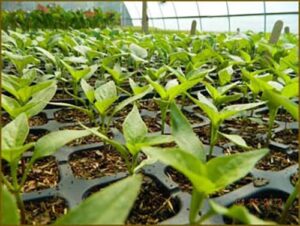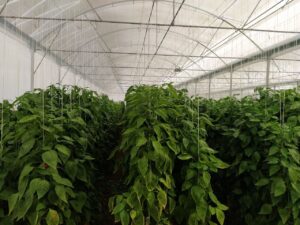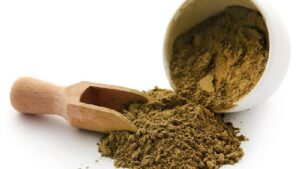Melva is a herb that has been used for many decades; this herb has many nobles, making it special. Melva is a genus of the Malvaceae; in common English, it’s called mallow. There are many secrets that you should know about this magical herb to protect your body. Protection that body immunity is the minimum property.
This genus is wide-spreading throughout the temperate, subtropical, and tropical regions of Africa, Asia, and Europe. The name Malva comes from the Greek Malakos, which translates as mellow or soft.
The common mallow is an ornamental plant with a large variety of cultivars. It has historically also been used to create a yellow dye. Common mallow seeds are shaped roughly like cheese wheels, leading the seeds (and sometimes the plant itself) to be called “cheeses.”
SHAPE of Melva
Malva is a herb that has wide varieties. If you want to recognize the form, you should focus on the leaves. The leaves are alternate, palmately lobed. But the followers can be found in five colors: pink, lilac, purple or white petals. Plants within the Malva genus feature alternate leaves, contrasting well against flowers ranging from 0.5cm to 5cm wide. It is a very easily grown and short-lived herb often used as an ornamental plant.
Stock-pink mallow (Malva Alcea) is a perennial species with a height of 1 m, with light, deep-fingered and serrated leaves along the edge. The flowers are solitary, up to 3 cm long, pink, and bloom in summer and autumn. The variety ‘Pointed’ has red flowers; it is more compact and blooms longer.
USE
There are lots of users that can be referred to if you want to know this plant better; some of them are mentioned below:
First, it should be said: this plant is a good choice to be planted in a garden or flower box. Being beautiful and easy-grown leads people to this selection.
Secondly, people should know that “The foliage, blooms, and roots are edible, and have been used in cooking for years, especially in times when other crops were scarce, as it can grow in very poor soil without any problems.”
The utilization of medicinal plants and their derivatives in treating sickness is more appropriately recognized as an herbal remedy than traditional medicine. For centuries, medicinal herbs have been used for the treatment of disorders in many countries. Malva sylvestris L. is a kind of mallow derived from Malvaceae species and is recognized as common mallow. This amazing plant has antimicrobial, hepatoprotective, anti-inflammatory, and antioxidant properties and is considered one of the most promising herbal medicinal species. This plant’s traditional use in treating many diseases and preparing pharmaceutical compounds can indicate how to know in depth the plant origin of drugs used to produce antibiotics and other therapeutic agents.
Some of the most impressive health benefits of Malva sylvestris may include its ability to speed wound healing, protect against infection, reduce inflammation, reduce signs of aging, improve respiratory health, optimize digestive functions, improve sleep, and treat headaches.
The flowers and leaves of this unique herb are used for medicinal purposes, including in an essential oil extract that can have some powerful effects on the body. The leaves can also be steeped in tea, the seeds can be eaten, and those leaves that aren’t afflicted by any rust disease (a common issue for the species) can also be consumed or applied topically for a wide variety of benefits in the form of poultices. This plant contains several active ingredients that impact human health, so let’s take a closer look at the many health benefits of Malva sylvestris.
Also, Melva is an edible plant that is used in various shapes based on culture; for instance, in Turkey, it is used for stuffing the leaves with bulgur or rice, and it is used for its colon cleansing properties and as a weight loss supplement.
In Spain, they use the leaves to cure the sting or paresthesia of the stinging nettle. It also can be used to treat disorders of the skin, gastrointestinal tract, and respiratory tract. The leaves can also be chewed to soothe coughs or sore throats.
In summary, nobles are
Aiding in Pain Relief
Helping in Immune System Protection
Potential Anti-inflammatory Action
Act as a Remedy for Respiratory Illness Symptoms
Act as Remedy for Sleep Problems
Maintenance:
The Common mallow should be watered regularly, with the soil being kept lightly moist and not allowed to dry out in between waterings completely. Wilting leaves are a sure sign that it is time to water this plant. Waterlogged soil can cause damage to the roots and other parts of the plant.
Placing plants in the open sun; they are also suitable for a semi-shady place. Perennial species tolerate both high and low air temperatures.
Conclusion:
Melva is a herb with wide nobles, such as helping in Immune system protection, remedy for many illnesses, and so on. Because of these characteristics. People should keep it in their houses.






